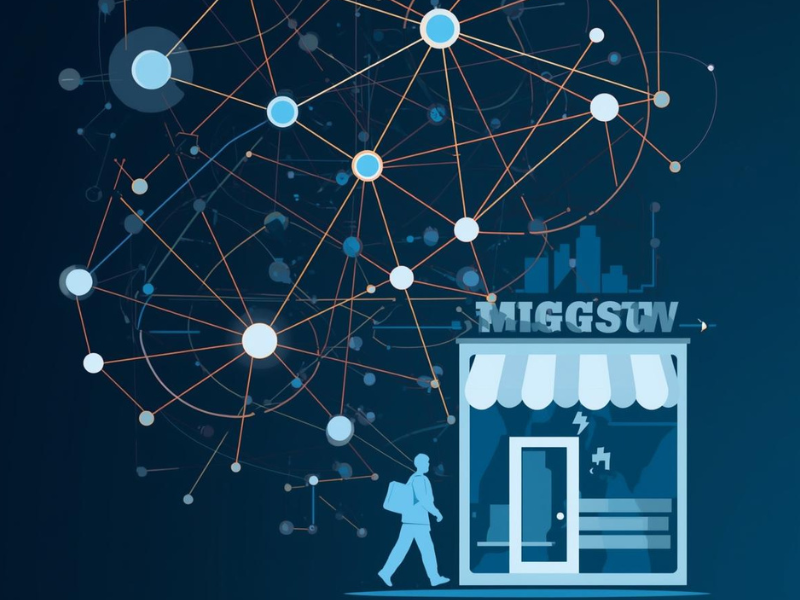The airline industry operates in a highly dynamic environment. Every day, airlines must make thousands of decisions – about pricing, seat allocation, loyalty programs, disruption management, and more. These decisions are governed by complex business logic that must respond to shifting market conditions, regulatory requirements, and customer expectations. A BRMS (Business Rules Management System) combined with a powerful rules engine provides the technology foundation to manage this complexity, improve agility, and enhance the overall customer experience.
What is a BRMS and Rules Engine?
A BRMS is a platform that enables organizations to define, manage, and automate business rules effectively. Paired with a rules engine, it allows rules to be processed dynamically and enforced across different systems. Instead of embedding logic within application code, a BRMS stores rules centrally, making them accessible to both business and IT users. This facilitates rapid updates, secure testing, and seamless deployment without lengthy development cycles.
Key Use Cases for Airlines
- Dynamic Pricing and Revenue Management
Airlines must frequently adjust ticket prices based on demand, seasonality, booking windows, and competitor activity. A BRMS allows revenue managers to define complex pricing rules, execute real-time changes, and respond instantly to market shifts – all without IT delays.
- Seat Allocation and Upgrades
Using a rules engine, airlines can automate decisions about seat assignments, upgrades, and overbooking management. The system can prioritize frequent flyers or release blocked seats as departure approaches based on rule configurations.
- Loyalty Program Management
Loyalty programs involve intricate rules regarding point accrual, redemptions, tier eligibility, and partnerships. A BRMS empowers marketing teams to quickly modify these rules, introduce new promotions, and remain agile amid evolving regulatory and competitive pressures.
- Disruption Handling and Rebooking
Flight delays and cancellations require swift, rule-driven actions. A BRMS automates workflows for rebooking, compensation, and customer communication, reducing staff burden and ensuring consistent, fair treatment.
- Regulatory Compliance
With stringent aviation regulations, airlines benefit from a centralized rules engine that ensures compliance. Rule changes are tracked, auditable, and instantly enforced across all systems, minimizing compliance risks.
- Ancillary Sales and Personalization
Ancillary product offerings – such as baggage, seat selection, or meals – depend on various customer and flight factors. A BRMS allows airlines to define rules that drive personalized offers, boosting both revenue and passenger satisfaction.
Business Benefits of a BRMS and Rules Engine
- Agility: Rapid response to market, regulatory, or operational changes.
- Consistency: Uniform rule enforcement across all platforms and channels.
- Empowerment: Enables business teams to manage and test rules independently.
- Transparency: Rule changes are fully tracked for auditing and continuous improvement.
- Enhanced Customer Experience: Automation ensures quicker, more accurate decisions throughout the passenger journey.
Implementation Considerations
To achieve optimal results, airlines should:
- Identify processes with frequent or complex rule changes.
- Collaborate across business and IT teams for rule design and governance.
- Integrate the BRMS with systems like reservations, CRM, and departure control.
- Establish robust versioning, testing, and deployment workflows.
Conclusion
A BRMS with a sophisticated rules engine offers airlines the strategic edge to navigate complexity, improve compliance, and elevate the customer journey. By centralizing and automating rule management, airlines gain the flexibility to innovate, streamline operations, and adapt rapidly in a competitive market. Embracing rule-based technologies is key to leading in the ever-evolving aviation landscape.

Take Full Control of Your Product Logic
We provide fee Proof Of Concept, so you can see how Higson can work with your individual business logic.




.png)
.png)
